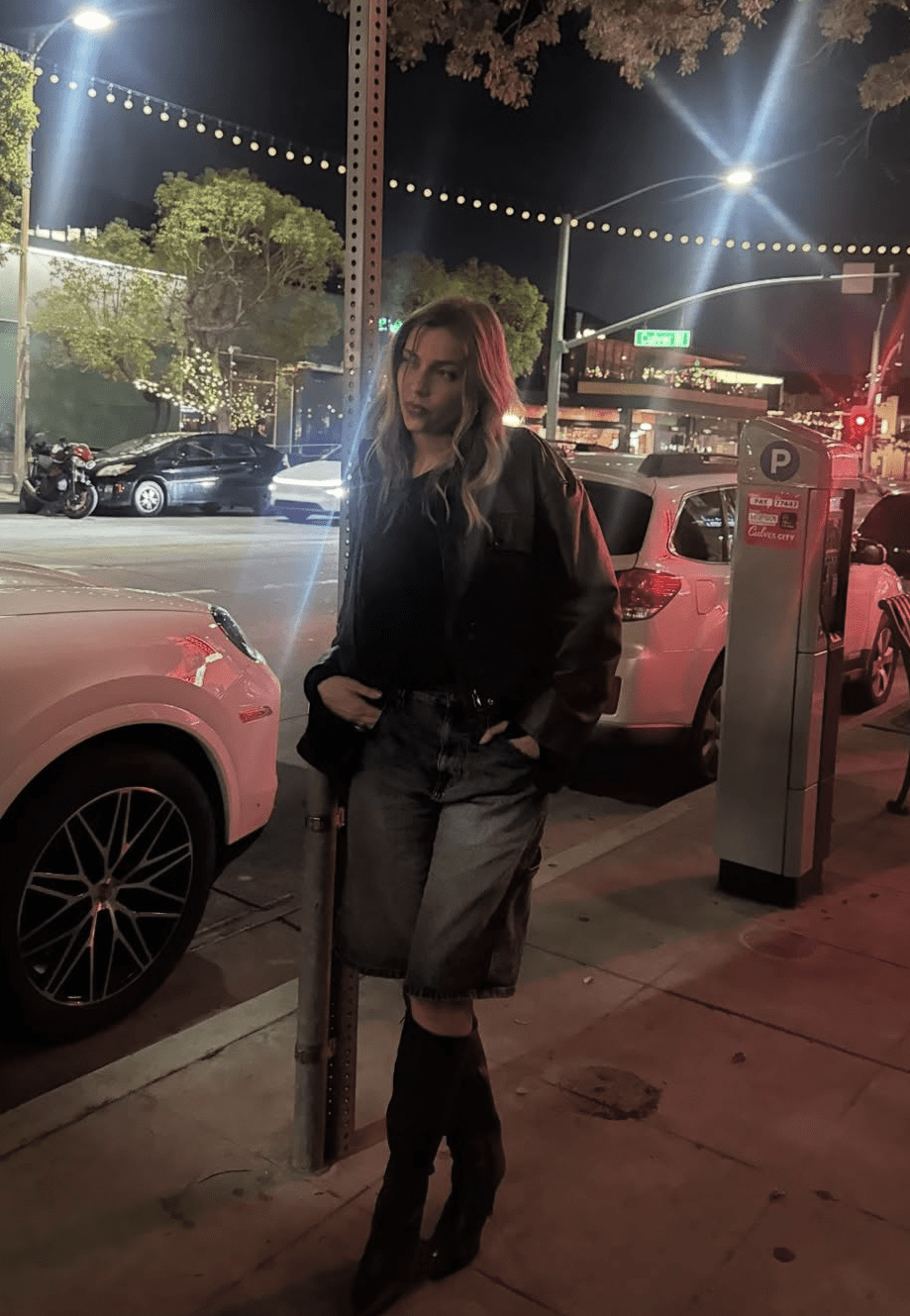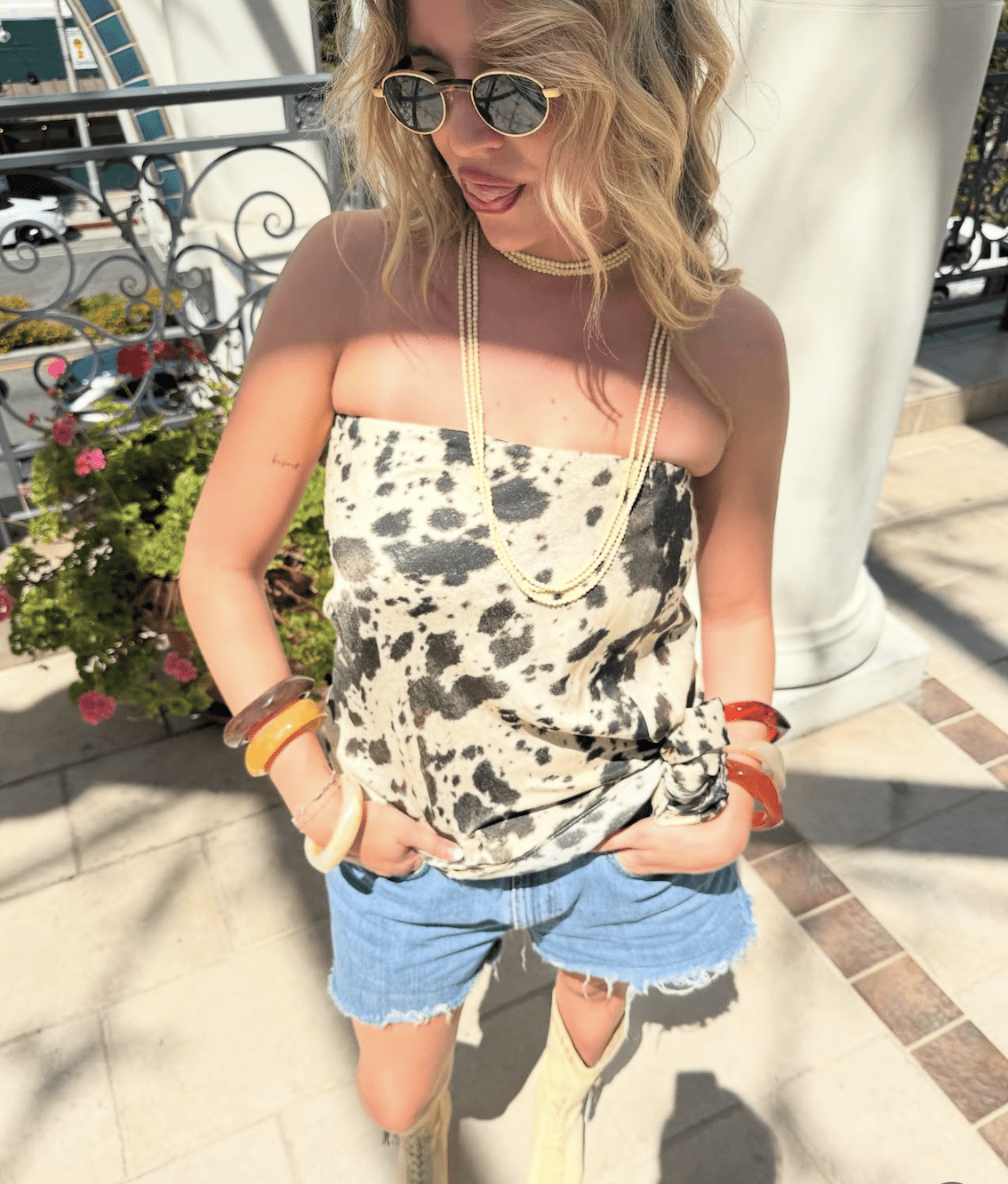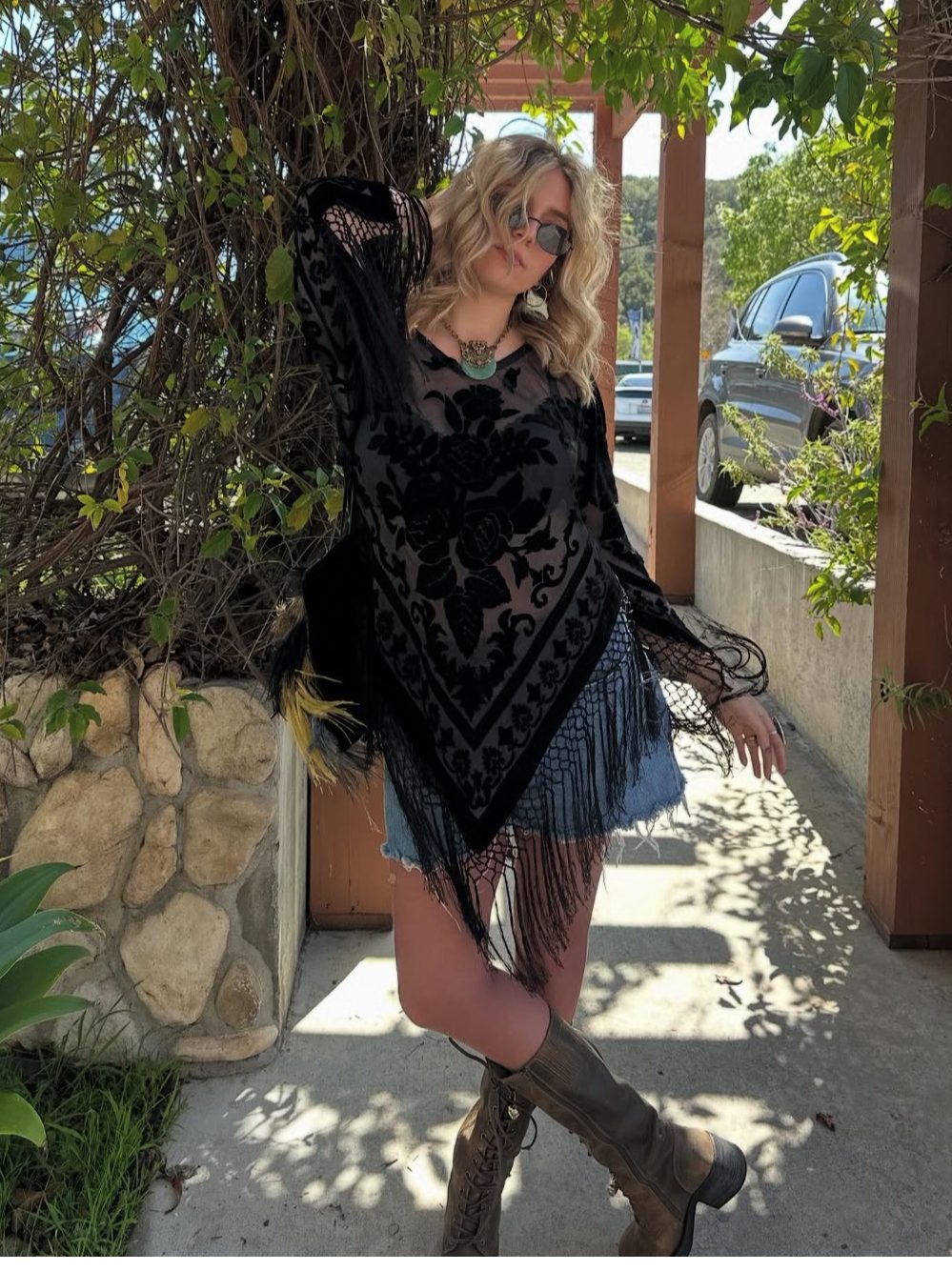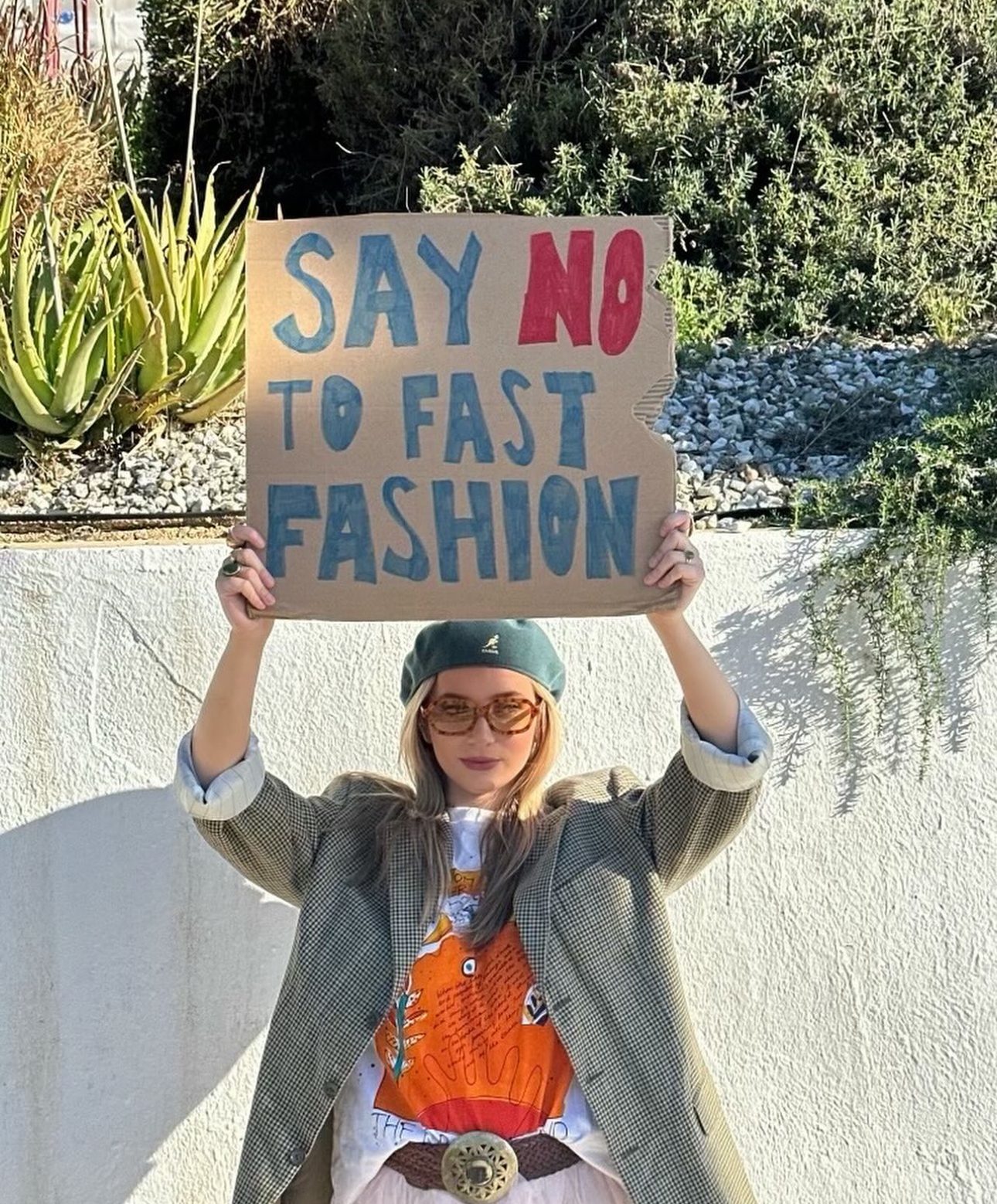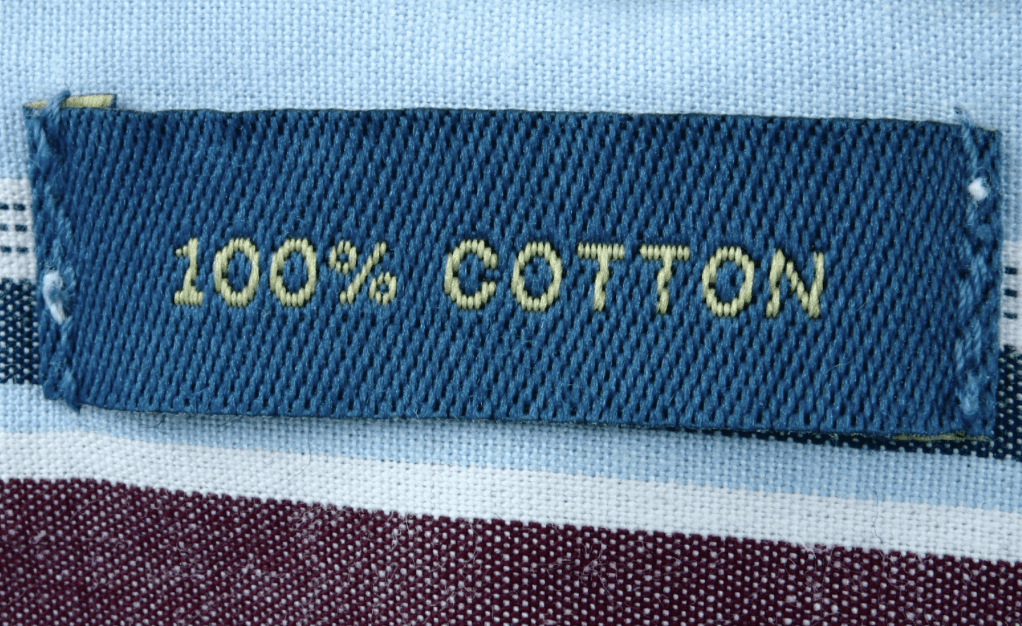Princess Polly, the ultra-trendy, ultra-fast fashion brand with $60 mini dresses and a Gen Z fanbase that rivals some influencers, just became B Corp certified. And to be completely honest? I’m shocked. Not because brands can’t evolve, but because this move forces us to seriously reconsider what B Corp certification even stands for in 2025.
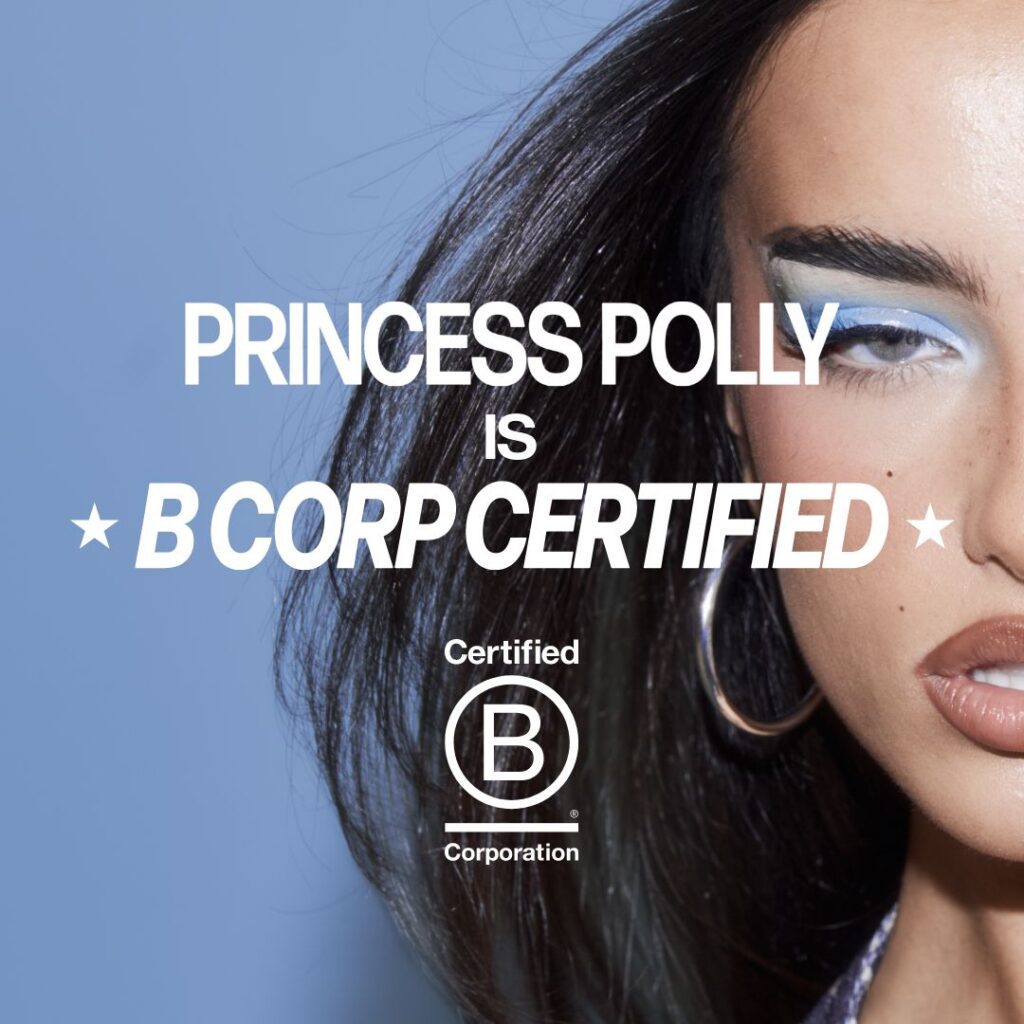
At a time when fashion greenwashing is rampant and trust in sustainability labels is already fraying, this announcement raises one very big question: Can a fast fashion company that relies on constant new arrivals and disposable trends really be considered a socially and environmentally responsible business?
Let’s break it down.
What Is B Corp Certification Supposed to Mean?
B Corp certification is issued by B Lab, a nonprofit that evaluates companies based on their environmental and social performance, transparency, and accountability. It’s meant to represent the gold standard of doing business for good. Brands are rated across five categories: governance, workers, community, environment, and customers, and must score at least 80 out of 200 to pass.
Traditionally, B Corp is associated with companies like Patagonia, Eileen Fisher, and Dr. Bronner’s; brands known for their progressive values and ethical supply chains. Certification is supposed to signal a commitment to long-term impact, not just surface-level change.
Princess Polly scored 86.8, just over the minimum. If that sounds low, it is. And it raises concerns about how rigorous (or lenient) this process actually is (Business of Fashion).
What Princess Polly Says They’ve Done
To their credit, Princess Polly has made some changes. According to their sustainability page they’ve:
- Shifted 30% of their products to lower-impact fabrics like organic cotton, recycled polyester, and TENCEL
- Reduced Scope 1 and 2 emissions by 17% since 2020 and committed to science-based emissions targets
- Rolled out a “Materials Matrix” and “Lower Impact Fabric Hub” to guide better sourcing
- Launched a “Pathway to Parenthood” employee benefits program, including paid parental leave
They also emphasized that they didn’t overhaul their operations to earn certification. Instead, they formalized and documented what they were already doing. Depending on how you look at it, that’s either reassuring or deeply concerning.
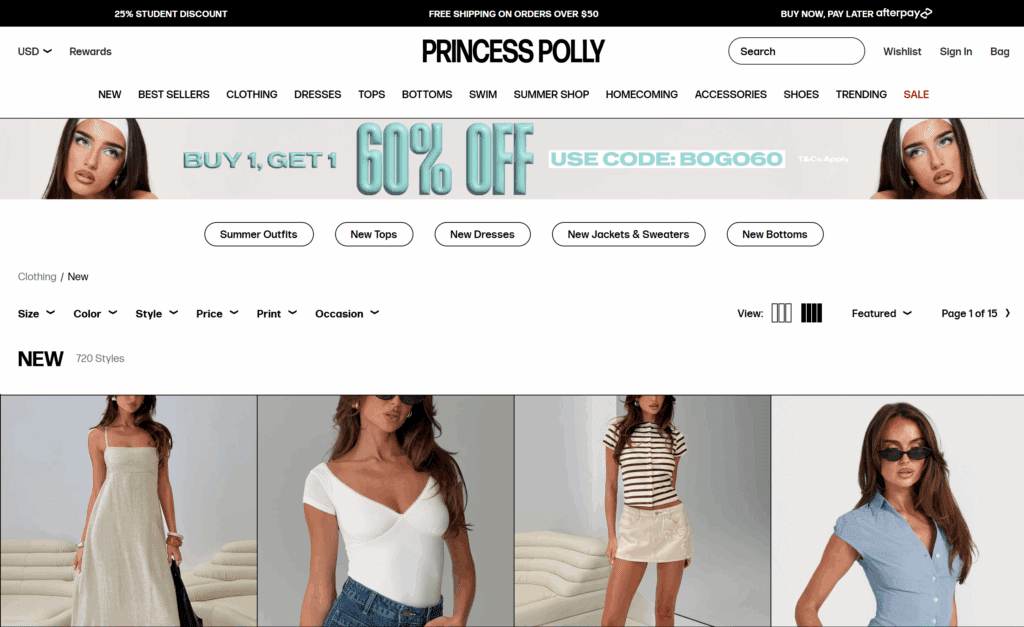
What’s Missing From the Conversation
Despite these steps, Princess Polly remains fundamentally dependent on a fast-fashion business model: constant new arrivals, quick trend turnover, and a customer base conditioned to buy more for less. The brand reportedly releases hundreds of new items monthly, mirroring the ultra-fast production cycle of competitors like Shein. Their marketing still leans heavily on influencer hauls, TikTok trends, and artificial urgency designed to encourage overconsumption—practices that directly contradict sustainability goals.
This matters because fast fashion contributes approximately 8–10% of global carbon emissions, and the average garment is now worn 36% less often than it was 15 years ago . The model isn’t just inefficient—it’s designed to accelerate waste.
Critics argue that this undermines what B Corp was meant to represent. Model and fashion sustainability advocate Brett Staniland told Business of Fashion that unless a brand is significantly slowing down its output, a certification like this can be “damaging” to the credibility of the entire system.
A Pattern of Eroding Standards
Princess Polly isn’t the only controversial B Corp entrant. In early 2025, Dr. Bronner’s, one of B Corp’s earliest and most vocal supporters, voluntarily exited the program. They cited concerns that B Lab’s standards had become too diluted, particularly around fashion.
B Lab is in the process of revising its standards. A new framework, expected to take effect in late 2026, will replace the flexible points-based system with fixed minimum requirements across categories such as climate, worker rights, and sustainability. Until then, companies like Princess Polly can continue to qualify with low scores and limited transparency.
What About Transparency and Accountability?
While Princess Polly has published some environmental metrics, they’ve shared little about worker wages, factory conditions, or full supply chain disclosures. B Lab’s own summary showed that the brand scored lowest in the “Customer” category, which includes transparency and marketing ethics.
Ethical rating site Good On You gives Princess Polly a “Not Good Enough” score, placing them below Zara and H&M. They cite vague supply chain information and a lack of disclosed labor data as major red flags. That’s not what we expect from a company wearing a B Corp badge.
Can You Be Fast Fashion and Still Be Ethical?
This is the bigger question raised by Princess Polly’s certification. The reality is that B Corp doesn’t require brands to slow down production or reduce volume, two actions that are absolutely essential if we’re serious about tackling fashion’s overconsumption problem. But the sustainability crisis in fashion isn’t just about materials or supply chains. It’s about speed, volume, and disposability.
Globally, the industry churns out over 100 billion garments every year, yet over 92 million tons of textiles end up in landfills annually. And while some brands boast about using recycled polyester or carbon offsets, these efforts don’t erase the environmental cost of producing hundreds of new styles every month, a model Princess Polly still follows.
Add in global shipping emissions, high return rates (with up to 84% of fast fashion returns ending up in landfill according to BBC analysis), and influencer-driven haul culture, and you’ve got a system engineered for environmental damage and labor exploitation at scale.
So yes, Princess Polly may have taken steps toward greater transparency and emissions tracking—but when you’re still playing by fast fashion’s rulebook, you’re not rewriting the game. You’re just giving it a fresh coat of (green) paint.
Final Thoughts: Progress or PR?
B Corp is still one of the most influential certifications in business. But when a company like Princess Polly earns the same seal as Patagonia, we have to ask what the seal really means.
Does it reflect systemic change, or is it becoming just another tool for brands to clean up their image while keeping the engine of overproduction running?
If B Lab wants its certification to remain credible, the 2026 standards must address these blind spots. And if fast fashion companies want to be taken seriously, they’ll need to do more than rebrand. They’ll need to actually slow down.
In the meantime, we can stay skeptical. We can ask better questions. And we can keep pushing for fashion that puts the planet before profits.
Because sustainability isn’t a checklist. It’s a commitment.

Follow me on my socials:
- Instagram: @lexysilverstein
- Youtube: Lexy Silverstein
- Twitter: @eLEXYfy
- TikTok: @lexysilverstein
- Facebook: Lexy Silverstein
- Liketoknow.it/lexysilverstein


